RiseUp Summit concludes ninth edition by the Pyramids

It was an event intended to connect Egypt's innovative past with its thriving startup ecosystem, a bustling return to in-person events, but this year’s RiseUp, held in its new home at the Pyramids pavilion, took things back into the past a bit too much where connectivity was concerned. Attracting thousands of participants, including 150 startups and more than 250 speakers, the only form of communication was face to face, with no WiFi and poor mobile network coverage, resulting in attendees text messaging one another to meet and communicate, As published on Wamda.
Yet, this edition of RiseUp, held under the banner of “Timeless Innovation”, still proved to be an exciting and uplifting event, marking a return to normality for Egypt’s startup ecosystem. The logistical difficulties that many attendees faced at the event is a reflection of the unique challenges that startups in the country endure - bureaucracy, old and failing infrastructure and ongoing corruption (ranking 117th globally in the Corruption Perceptions Index) - but still manage to overcome. Egypt’s startups are adept at operating in a logistically tough market, putting them in for international expansion. Increasingly, we are seeing Egypt-based startups expanding outside of their home market to the wider Middle East region and increasingly, Asia and Africa.
“It was not in our DNA [to expand to Asia and Africa], it was whether to expand to [the] UAE, Saudi Arabia or Egypt, however, Swvl has made it possible and encourages other startups to do the same,” said Mahmoud Ibrahim, co-founder of Homzmart, an online marketplace for furniture which recently expanded to Saudi Arabia.
RiseUp is also treading the same path by launching a Saudi Arabia edition, another vibrant and rapidly growing ecosystem.

Discussions
The ninth edition of RiseUp focused heavily on the growth of blockchain technologies and cryptocurrency trading in the region, as well as the impact of the Covid-19 crisis on logistics in the light of the growing digitisation of the retail market and the steady adoption of fintech. The Egyptian startups operating in logistics and focused on B2B supply chain digitisation significantly attracted the largest amounts of funding when compared to their counterparts across other industries, highlighting the growing demand for a digitally, interconnected supply chain in retail, with Maxab and Capiter being a case in point, both raised $40 million and $33 million respectively this year.
During a panel discussion titled “The world of MAAS: Mobility as a service,” Amir Allam, CEO and founder of food ordering app elmenus spoke about the growing food tech market and the challenges they face when it comes to onboarding small restaurants.
“In a market where you still have 90 per cent of the orders and the deliveries placed offline, the restaurants basically have a list of challenges that they face on a daily basis; this goes beyond the delivery problem, and how can they outsource that to certain companies. It extends to how they can get access to financing and grow their business through access to good and well-structured loans that cater to their different needs. So, having that kind of focus for us as a company is super important,” said Allam.
Among the startups that were most talked-about included mobility startup Swvl, which announced its plans to list on the Nasdaq via a SPAC and declaring its status as a unicorn. The Egyptian-born Swvl relocated its headquarters to Dubai, yet despite the move, many at RiseUp were hopeful that Egypt has the right environment to produce more unicorns.
In a panel discussion titled “Unicorns vs. Unicamels”, Vezeeta's CEO and founder Amir Barsoum highlighted the journey to becoming a billion-dollar company has never been easy, that it takes dedication from all the elements of the process, starting from the founders, the operating team, investors, but the most important element, is the attractiveness of the company in terms of product-market fit, unit economics, the market size and the team’s capabilities.
Egyptian startups have raised in excess of $375 million in the nine months to September across 95 deals, accounting for 24 per cent of the total number of deals across the Middle East and North Africa region (Mena).
“Egypt of today is the absolute hottest market in the region,” said Barsoum. “This is a very hot country growing at a spectacular speed, the infrastructure is changing at lightspeed. This is not a 10-years-ago Egypt, and I think that you will see many unicorns coming out of this part of the world.”
Press here to view more from source

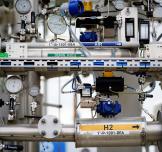








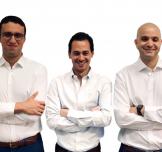








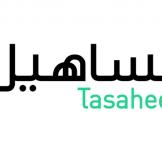


























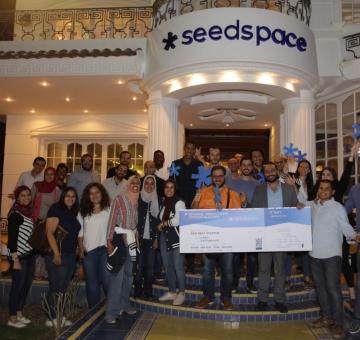

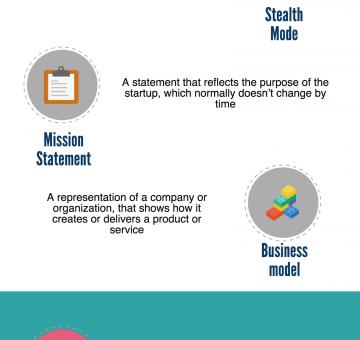











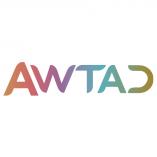
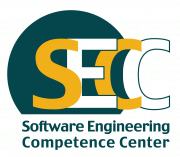
EgyptInnovate site is not responsible for the content of the comments